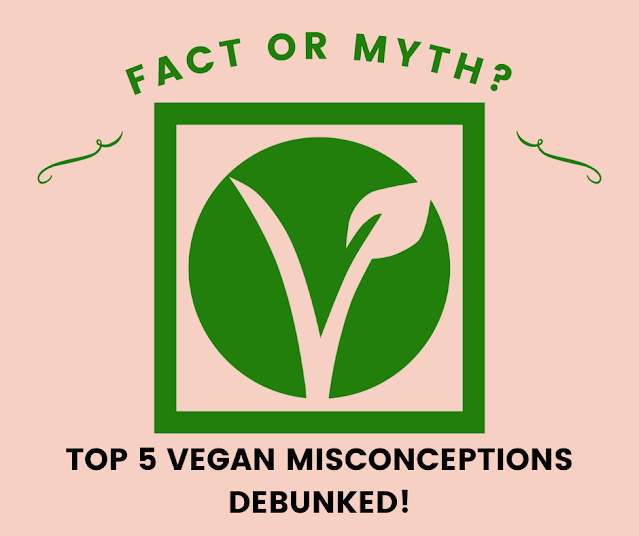As veganism continues to gain popularity around the world, there are still many misconceptions and myths surrounding this lifestyle. These misconceptions often discourage people from exploring a vegan lifestyle, and unfortunately, many of them are rooted in misinformation. In this article, we will debunk some of the most common myths and misconceptions about veganism, and provide evidence-based information to help you make informed decisions about your diet and lifestyle.
Myth #1: Vegan diets are nutritionally inadequate. Many people believe that vegans are at risk of nutrient deficiencies because they do not consume animal products. However, this is a misconception. A well-planned vegan diet can provide all the necessary nutrients for optimal health, including protein, calcium, iron, and vitamin B12. In fact, studies have shown that vegan diets can offer several health benefits, such as reducing the risk of heart disease, type 2 diabetes, and certain cancers.
Myth #2: Veganism is expensive. Another common myth about veganism is that it is an expensive lifestyle. While some vegan products may be more expensive than their non-vegan counterparts, a plant-based diet can be affordable and accessible to everyone. Staples such as grains, legumes, fruits, and vegetables are generally cheaper than meat and dairy products. Additionally, cooking at home and buying in-season produce can save money.
Myth #3: Vegans can't get enough protein. Protein is an essential nutrient for the human body, and many people believe that vegans cannot get enough protein from their diet. However, this is a myth. There are plenty of vegan sources of protein, such as beans, lentils, tofu, tempeh, and seitan. These plant-based protein sources not only provide the necessary amino acids but also offer fiber, vitamins, and minerals.
Myth #4: Vegan diets are bland and boring. Some people assume that vegan food is tasteless and unappetizing, but this couldn't be further from the truth. There are countless delicious vegan recipes and ingredients to explore, from hearty stews and curries to decadent desserts and snacks. Furthermore, veganism encourages creativity in the kitchen, and many people find that experimenting with new ingredients and flavors is a fun and rewarding experience. (NutritionFacts.org healthy whole food recipes)
Myth #5: Veganism is an extreme lifestyle choice only suited for radical activists. This is a common myth that suggests veganism is only for a small group of people who hold extreme beliefs. However, veganism is a lifestyle choice that is increasingly adopted by a diverse range of people who are conscious about animal welfare, the environment, and personal health. Veganism is a growing movement that appeals to people from all walks of life, including athletes, celebrities, and everyday individuals who want to make a positive impact on the world. While there may be some vocal activists within the vegan community, the majority of vegans are simply regular people who have made a conscious choice to reduce their impact on animals and the planet.
Conclusion:
Debunking these common myths and misconceptions about veganism can help people make informed decisions about their diet and lifestyle. Veganism is not only a compassionate choice for animals but also a healthy and sustainable choice for the planet and ourselves. By incorporating more plant-based foods into our diets and reducing our reliance on animal products, we can make a positive impact on the world around us.
References:
- Craig, W. J. (2009). Health effects of vegan diets. The American Journal of Clinical Nutrition, 89(5), 1627S-1633S.
- Kahleova, H., Levin, S., & Barnard, N. D. (2018). Vegetarian dietary patterns and cardiovascular disease. Progress in Cardiovascular Diseases, 61(1), 54-61.
- Tonstad, S., Butler, T., Yan, R., & Fraser, G. E.

Comments
Post a Comment
We welcome your input!